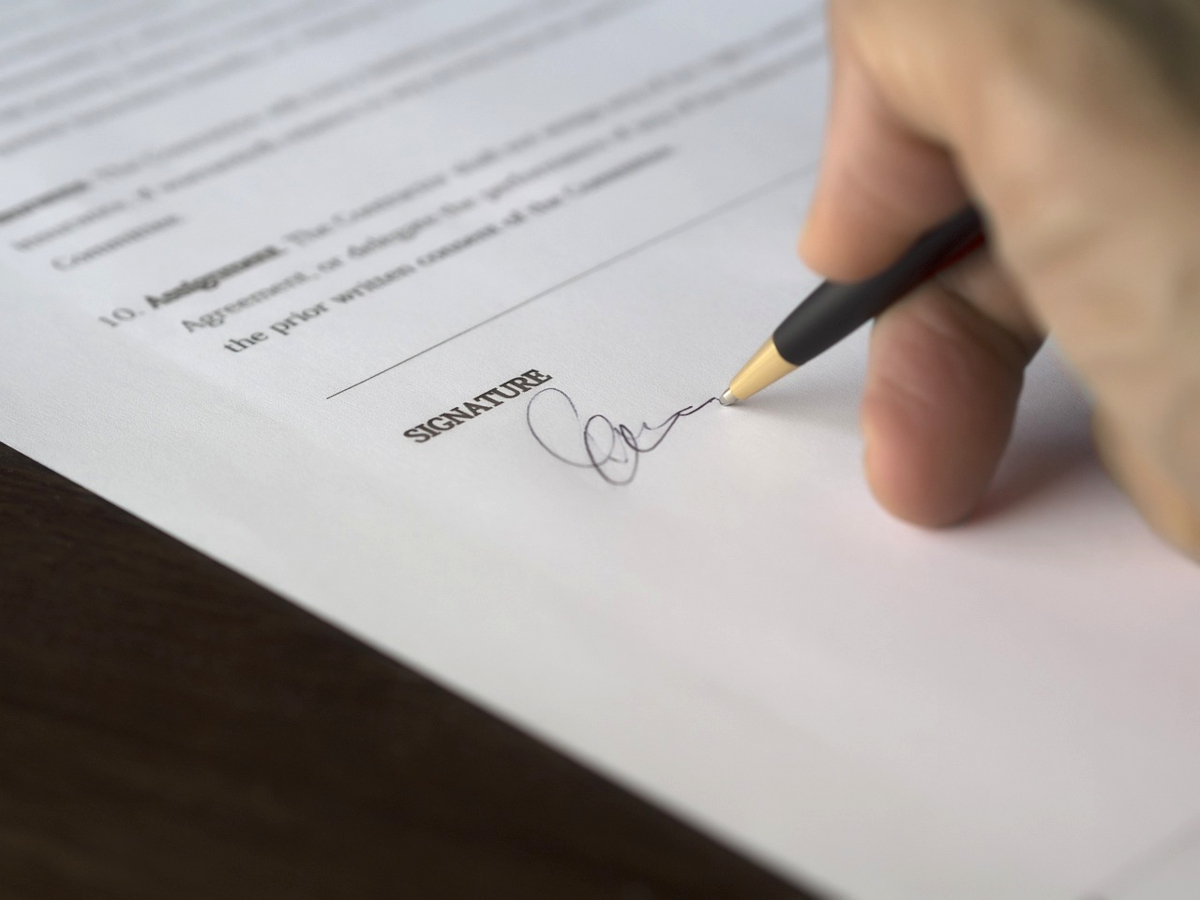A confidentiality agreement, also known as a non disclosure agreement or NDA agreement, is used by businesses to protect private and sensitive information. They’re a common type of legal contract whenever two parties are exploring a business partnership, though they’re also used in other contexts.
In this article, we’ll unpack what a confidentiality agreement is, when it’s used and offer a general overview of what’s included in one.
What is a confidentiality agreement or non disclosure agreement?
A confidentiality agreement is a legal contract between two parties stating that certain confidential information won’t be leaked, used improperly or breach the terms the document outlines. The entity that provides confidential information is called the disclosing party; the other is the receiving party.
What kind of information is protected by a non disclosure agreement?
Typically, the information protected by a confidentiality agreement involves:
- Trade secrets. This could include sensitive information proprietary to each disclosing party that is important to the business.
- Customer information. Important clients, records of communications with customers and contact information.
- Intellectual property. Copyrights, technologies and patents are types of intellectual property.
- Marketing information. Billing policies, advertising methods and pricing strategies can be included.
- Operating information. Confidential information on suppliers, operational costs and employee data fall under this category.
- Financial information. This broadly refers to financial data that the business does not want disclosed.
Some sensitive information cannot be included in a non disclosure agreement, like public knowledge. Additionally, the protected confidential information cannot contain anything the party already knows before the contract is signed.
Not all confidentiality agreements are enforceable. The included proprietary information must meet the court’s definition of “confidential.”
A non disclosure agreement would also be unenforceable if the court sees it as too open-ended or vague. For example, if the confidential information contained within the agreement isn’t properly defined, it may not be enforceable.

What are the two types of confidentiality agreements?
Confidentiality agreements fall under two categories: mutual and non-mutual.
- A mutual agreement, also called a unilateral NDA or mutual NDA, is common when two businesses seek a partnership. Disclosing confidential information to explain the internal processes of each business would be necessary in this scenario. Both sides would agree not to disclose such information in a mutual agreement.
- A non-mutual agreement, or a non mutual NDA, is common for new hires when they sign on to a company. In this instance, only the employee can be held liable for breaching the non disclosure agreement, as they aren’t offering any confidential information of their own. This means that only one party is responsible for upholding the agreement.
How long can a confidentiality agreement last?
Most confidentiality agreements have an expiration date, but not all. Many expire after one to 10 years, depending on what type of information the contract protects. Some agreements last for life — that’s how a trade secret, such as the recipe for Coca-Cola, is kept tightly under wraps.
What happens if you violate a confidentiality agreement?
The receiving party can be threatened with legal action if the contract is breached. While it’s not a crime to violate a confidentiality agreement, the offending party may owe the disclosing party monetary damages as laid out in the document.
How to write a confidentiality agreement
In most cases, it’s best to hire a lawyer with the proper legal knowledge and experience to write a confidentiality agreement. However, most agreements follow more or less the same process. We’ll outline some of the general provisions below.
1. Identify the parties involved
Any agreement that doesn’t explicitly state to whom it applies won’t hold up in court.
2. Explicitly define the purpose of the agreement
Make it clear in the opening paragraph that this is a confidentiality agreement.
3. Explicitly define what confidential material is being protected
Make a list of what’s considered “confidential” in the context of the agreement. You don’t necessarily need to itemize everything, but categories of information such as intellectual property rights need to be included. The list may be long, so make sure nothing is missed.
4. State exclusions
List anything that isn’t included in the previous categories.
5. Decide what the confidential information can be used for
If you’re giving up confidential information to a receiving party, you need to identify how that information is meant to be used.
6. Include how long the agreement will remain in effect
This can be an amount of time or when a specific event occurs. For example, when one party relieves the other of the terms.
7. Describe the penalties that follow if the agreement is breached
This means defining how to calculate damages if the contract is violated.
8. At the end of the document, leave space for signatures and dates
Both parties benefit from confidentiality/non disclosure agreements
Confidentiality agreements are a valuable asset when entering a business relationship. Without this type of contract, the other party would have no reason to keep any valuable trade secrets or use them for their own purposes. It can be highly advantageous to familiarize yourself with this type of document and use them in any business context that warrants it.
NDAs are a crucial part of buying and selling any business. If you’re interested in buying a business, then ensure you are confident with the NDA process and take a look at different businesses for sale. If you’re selling, check out our guides on selling a business.
